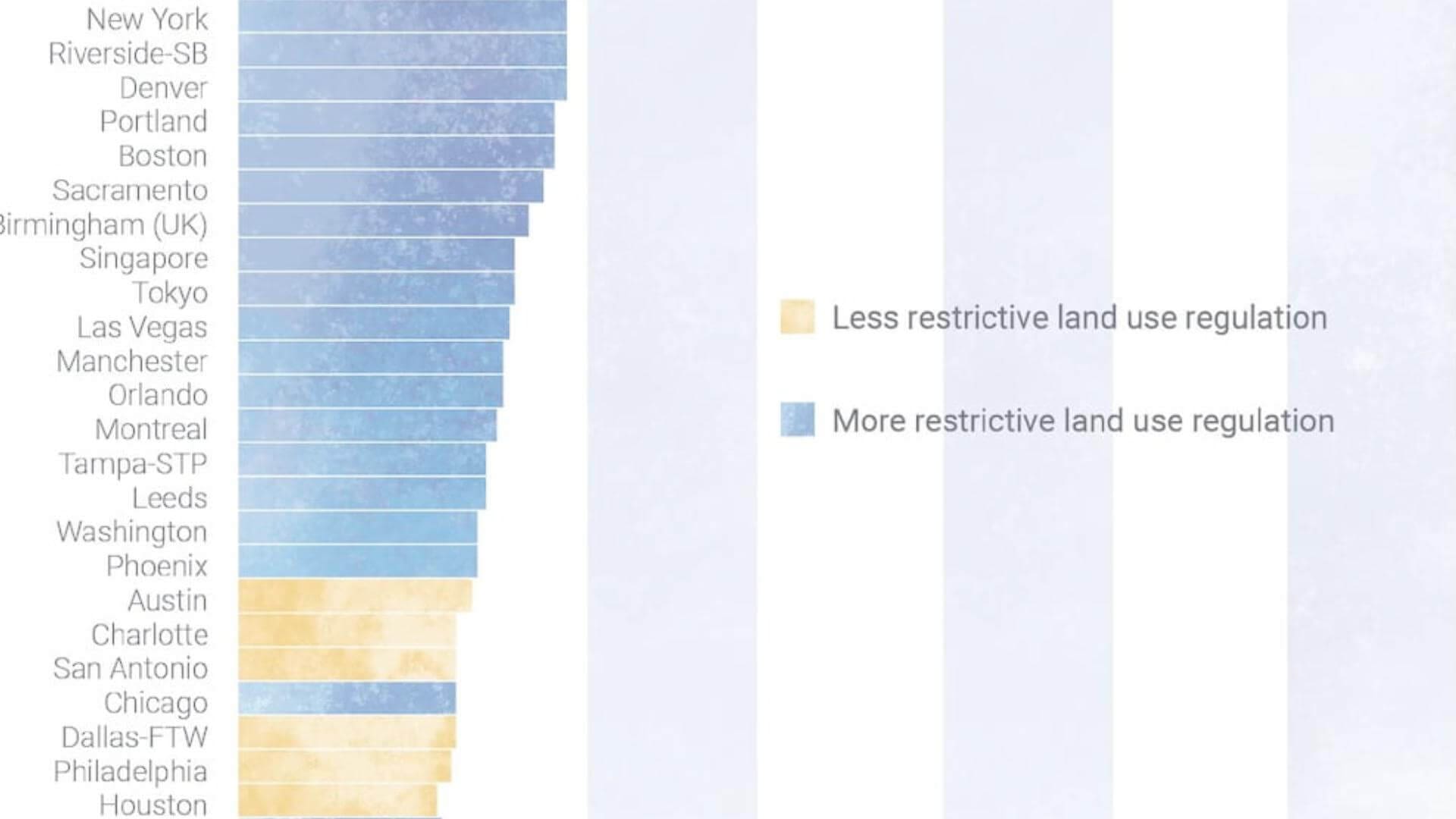WHEN I GRADUATED from law school in Michigan in 2008, the state had fallen on hard economic times, even before the nation’s Great Recession.
Michigan was reeling from the loss of 800,000 jobs since 2000, double-digit unemployment, and incomes declining at a rate not seen in most states since the 1930s.
It was hard enough for struggling families and business owners to ride out the lean years that followed.
But for property owners who fell behind on their tax bills, government vultures made it far worse: seizing their property and selling it at auction—often far below its market value. The government then kept not just the tax debt, but every last penny. It’s a practice that continues to this day, and it’s perfectly legal in Michigan.
An outstanding tax bill of just $8.41 can even strip you of the American Dream
In other words, local governments in Michigan are effectively lining their coffers with residents’ homes, life savings, and retirement plans. An outstanding tax bill of just $8.41 can even strip you of the American Dream.
That’s what happened to PLF’s client Uri Rafaeli. He paid $60,000 for a modest rental property in metro Detroit’s Oakland County, in 2011. Like many entrepreneurs, he figured providing a place for people to live would be a win-win for everyone—those needing a roof over their heads would benefit from affordable housing, and he’d enjoy a boost in revenue and perhaps some capital appreciation on his property.
He was shocked by what happened next. In 2013, the county let Uri know he had underpaid his 2011 taxes by $496. Uri paid up but miscalculated the accrued interest by $8.41.
For the price of a burger at Oakland County’s famous Grand Tavern restaurant, the county confiscated Uri’s property, sold it at auction for $24,500—well below Uri’s purchase price—and kept all the money, on top of Uri’s tax debt.
Uri’s math mistake was a drop in the bucket. Altogether, Oakland County collected some $22.5 million through government-sanctioned property theft from 2006–2015. Nearby Wayne County, which includes the city of Detroit, has even officially budgeted for this predatory revenue stream to bring in more than $10 million by 2020.
No one disputes that government is entitled to seize and sell private property to collect delinquent taxes. In most states, local governments try to help property owners avoid foreclosure.

Not the Wolverine State, however. Michigan’s General Property Tax Act doesn’t just allow local governments to keep all the proceeds from foreclosure sales regardless of the tax debt amount. The law requires it, creating a perverse incentive for counties to foreclose. Rather than aiming to avoid foreclosures, Michigan counties all too often provide the least amount of notice required by law and then eagerly foreclose for the potential profits they may gain.
Nearby Wayne County, which includes the city of Detroit, has even officially budgeted for this predatory revenue stream to bring in more than $10 million by 2020.
By requiring governments to bank the excess equity from tax foreclosure sales, the law blatantly violates property protections in both the US and the Michigan Constitution. This theft of private equity is destroying the American Dream for people across the state.
Since beginning this fight, I’ve had calls from people across Michigan who have lost their homes, businesses, and life savings to these kinds of foreclosures.
Some thought they had paid their taxes, only to learn too late that they had missed a payment or underpaid by trivial amounts. Others, because of hospitalizations or great financial setbacks in the fallout from the Great Recession and housing crisis, simply failed to pay before it was too late.
Representing Uri free of charge, PLF asked the Michigan Supreme Court to review and over- turn this unconstitutional tax law. The court granted our request for a hearing. We expect the argument to take place this fall, and we are poised to restore property rights—and the American Dream—to Uri and all Michiganders.






